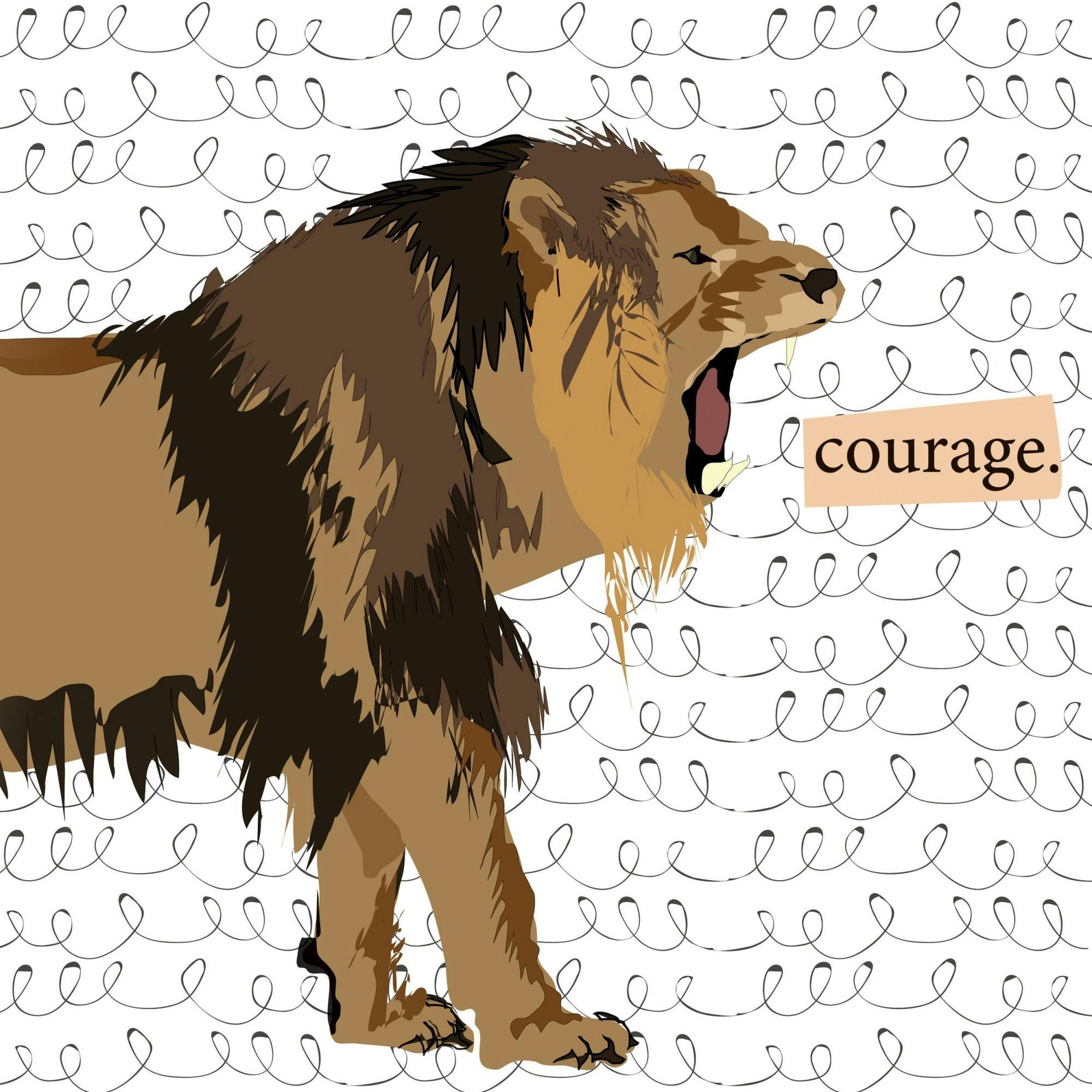“Have courage” is an iconic piece of advice in literary and cinematic history. This phrase is usually said to the protagonist of the story when they are presented with an obstacle or challenge. But what does the word really mean? According to Merriam-Webster, the definition of courage is as follows: “mental or moral strength to venture, persevere, and withstand danger, fear, or difficulty.” So, the phrase “having courage” implies you either have the “strength” or you don’t. However, we don’t think it’s that simple. Courage isn’t simply a quality that some are born with and others born without.
This week’s issue of Mirror highlights a broad range of topics relating to courage at Dartmouth. We speak to students who have expressed bravery by joining the Mountaineering Club, coming out as LGBTQIA+ or making the decision to transfer from Dartmouth to another school. We examine the history and significance of Geisel’s annual Koop Courage award and talk to a professor who specializes in researching the experiences of people of color living in rural New England.
The stories we explore in this week’s issue exhibit varied examples of courage. They suggest that anyone may be capable of persevering in the face of adversity. So, we propose an addendum to the famous phrase: Rather than being “have courage,” it should be “find courage.” Courage is within all of us; it just depends on how we choose to express it.


